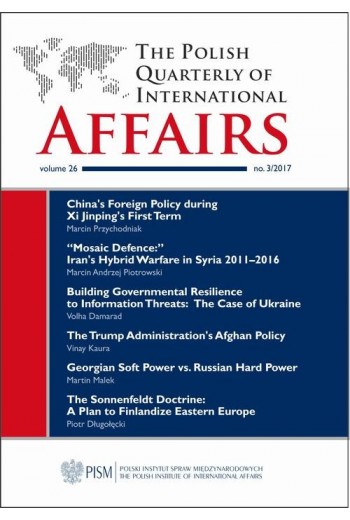- Nowy


Modal content..

AutorzyMarcin PrzychodniakMarcin Andrzej PiotrowskiVolha DamaradVinay KauraMartin MalekPiotr Długołęcki
Rok wydania2017
Strony134
Językiangielski
Nr produktu933C2063EP
ZabezpieczenieDL-ebwm
TematykaPolityka
AutorzyMarcin PrzychodniakMarcin Andrzej PiotrowskiVolha DamaradVinay KauraMartin MalekPiotr Długołęcki
WydawnictwoPolski Instytut Spraw Międzynarodowych
Rok wydania2017

AutorzyMarcin PrzychodniakMarcin Andrzej PiotrowskiVolha DamaradVinay KauraMartin MalekPiotr Długołęcki
Rok wydania2017
Strony134
Językiangielski
Nr produktu933C2063EP